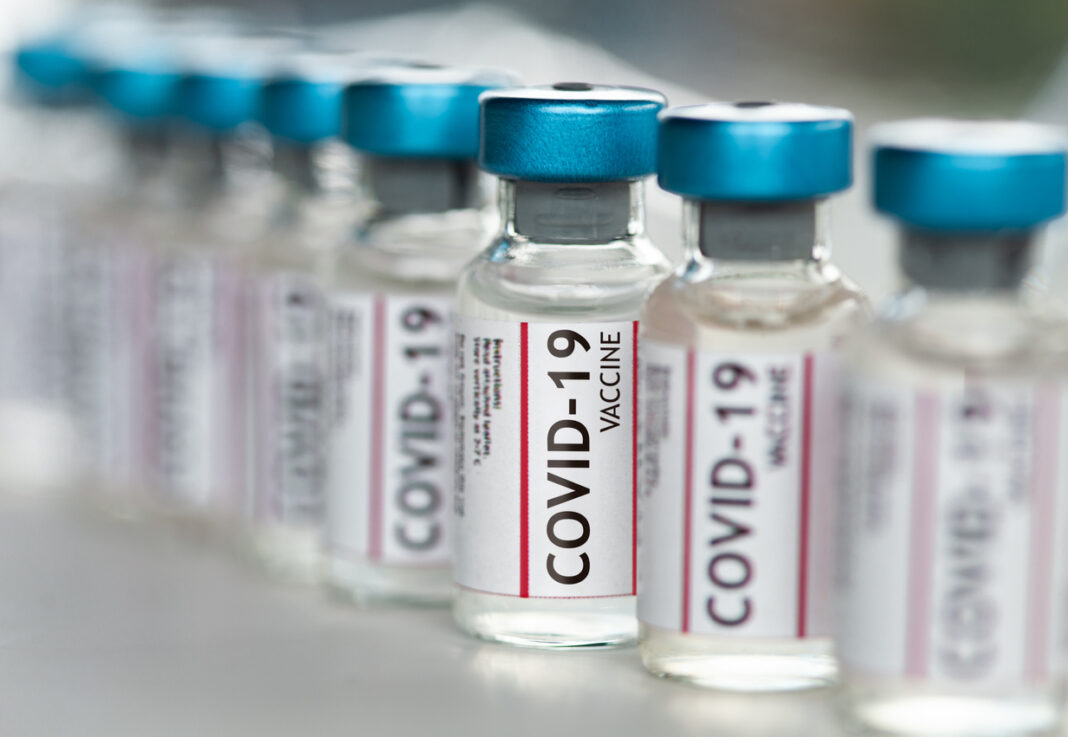New analysis from the Australian National University (ANU) has found a substantial increase in Australians’ resistance and hesitancy towards COVID-19 vaccines.
More than one in five Australians (21.7%) said in January 2021 they probably or definitely would not get a safe and effective COVID-19 vaccine once one became available.
According to the ANU, their longitudinal study of more than 3,500 Australians, which has tracked individuals from prior to the pandemic, is the most robust survey data available on the likeliness of an individual to get vaccinated.
Study co-author Professor Nicholas Biddle said there was “a large and significant increase” of Australians unwilling to get vaccinated – up from 12.7% in August 2020 when vaccines were still being developed and trialled.
“We also found more than three in 10 Australians, some 31.9%, became less willing to get a vaccine between August 2020 and January 2021,” Professor Biddle said.
“In contrast, less than one in 10 Australians, 9.9%, became more willing to get vaccinated.”
The largest single change in willingness was the 19.7% of Australians who went from being ‘definitely willing’ to get a COVID vaccine to ‘probably willing’ to get one.
Between August 2020 and January 2021, the number of Australians who said they won’t get the vaccine jumped from 5.5% to 8.4%.
The analysis shows the groups who became less willing to take a vaccine were females, Indigenous Australians, those who speak a language other than English at home, and those who have not completed Year 12.
“These population groups are arguably the most urgent focus of any public health campaigns to improve willingness,” Professor Biddle said.
“This is because they have low willingness to start with, but also because there is the potential opportunity to bring their willingness back to what it was in August 2020 when there was a smaller gap with the rest of the Australian population.
“There is a real need to consider a significantly enhanced public health campaign in languages other than English.
“There is also a need to convey information to the general public in a way that is informative, reassuring and salient for those without a degree.
“Worryingly, as we get closer to administering a vaccine more Australians have cooled on the idea of getting one. The challenge now is to work out why and how we can address that.”
Federal Health Minister Greg Hunt has previously announced $2.4 million to support multicultural communities to access the vaccines, including advertising in 32 languages and providing “explainers” in 29 languages.
PM says additional vaccine doses secured, WA bushfires ‘concerning’, conversation with POTUS ‘warm’
The study also provides key insights into why Australians say they won’t or are less likely to take a vaccine.
These include people thinking too much is being made of COVID-19, low confidence in hospitals, and those who are not optimistic about the next 12 months.
“Clearly our leaders, policymakers and health experts need to work out why more Australians are unlikely to get a vaccine, particularly as it is about to be administered across the country,” Professor Biddle said.
“While not a magic bullet, a vaccine and its successful delivery across our society is absolutely crucial to Australia’s COVID recovery.”



